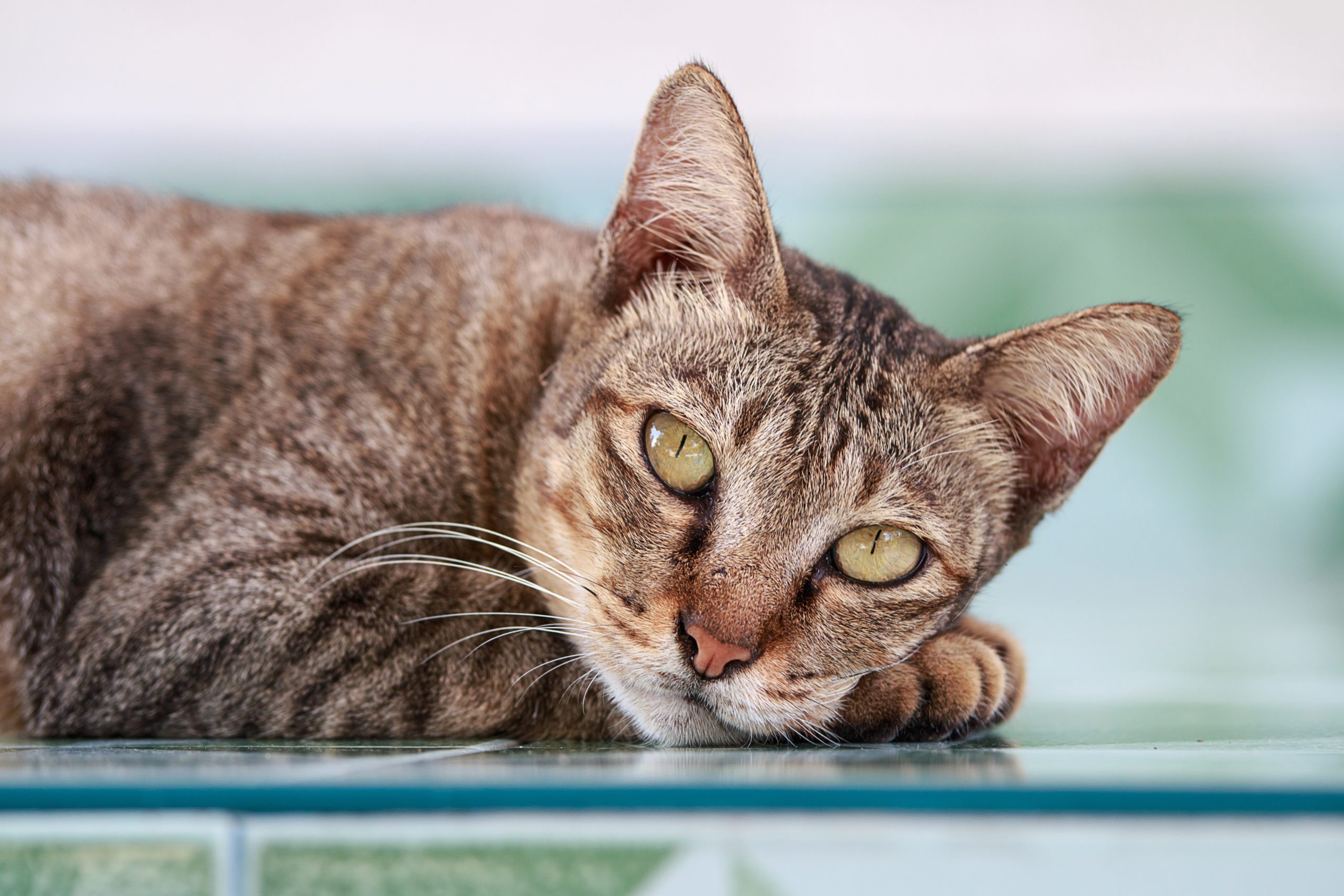
Caring for Geriatric Animals
Aging is a completely normal part of life. At some point, pets will become seniors, so taking care of pets like this requires a bit of extra TLC. Just like elder humans, elder pet care requirements differ from those of younger ones. As pets age, they become less mobile, they develop frosted faces, their vision and hearing worsen, morning walks become more and more tiring, they demand more frequent naps, and they may be more prone to various diseases or conditions.
This new stage of life may require some adjustments to your pet’s health care practices. However, it’s important to note that not all pets are considered geriatric animals at the same age. It’s essential to be able to recognize the signs of aging in your particular pet, and then establish an appropriate elder pet care routine.
Indicators of Geriatric Animals:
- Cataracts or vision impairment/loss
- Hearing impairment/loss
- Lowered energy levels
- Increased sleeping habits
- Arthritis/joint pain
Specifically, in dogs, some larger breeds are considered geriatric animals by the age of five or six, while smaller breed dogs aren’t considered senior until age 10 or eleven. Overall, the genetics and lifestyle of your pet play a huge role in their aging process, so be sure you’re keeping them active and on a healthy diet to prolong their youth.
Elder Pet Care Tips
- Regular vet visits: This isn’t the first time you’ve heard this from us and won’t be the last! Regular vet care is one of the most important steps when it comes to taking care of pets that are aging. The best way to ensure your geriatric animal is happy and healthy is by increasing your vet visits to at least two routine checkups a year (every six months). However, this is also contingent on your pet’s needs. More frequent visits allow us to detect any health concerns as they arise. Plus, we just love seeing you and your furry family members’ faces!
- Modify to age-appropriate diet: As your pet gets older, they typically become less active and are naturally burning fewer calories, so a balanced diet plays a large role in maintaining your pet’s health even as they age. Geriatric animals are at high risk of developing obesity since they no longer have the same energy levels as before. It is essential to find the best food specially designed to prevent weight gain in seniors. Additionally, they may not need as much food and require adjustments to portions.
- Continue exercising: We know your pets will not be as agile as they were as babies, but keeping them moving is an essential part of elder pet care! If they do not receive any form of exercise in their senior years, they will begin to lose muscle tone, thus making them weaker much faster. So, whether it’s a short walk a few nights a week, or playing with the laser pointer for a bit each day, exercise is a significant part of keeping your pet feeling good.
- Make “senior-friendly” home accommodations: With age comes decreased mobility. Geriatric animals often develop arthritis or other joint or bone problems. Your dog may not be able to jump up on the couch anymore, or your cat may have a hard time using the litter box. Tailoring your home to fit your pet’s mobility needs will help them live more comfortably. Examples of these changes could include investing in a platform for food and water bowls, finding a litter box with a larger opening, and even buying a small ramp or stairs for climbing. If your pet suffers from arthritis—a common age-related condition–there are many arthritic treatments available, including supplements, anti-inflammatory medications, acupuncture, laser therapy, and even special exercise routines. If your pet’s mobility issues worsen, talk with us about the best options available that could help alleviate their pain and discomfort. Whatever the case may be, it’s essential to be looking for ways to make life easier for your pet.
- Maintain oral health: Many geriatric animals don’t receive proper dental care, but because oral health is so closely linked to heart health, it’s essential to maintain this as they age. Wash them every day, even if your pet is not a fan, and start feeding them dental treats. Also, consider bringing them in for a dental cleaning.
- Vaccination and parasite protection: Fleas, ticks, and worms don’t care if your pet is old or young, so you should maintain parasite prevention even through the aging process. Additionally, vaccines are just as imperative for old pets as they are for young. However, they may require certain vaccines in different intervals, so you should consult your vet to establish an elder pet care vaccination plan.
- Regular grooming/hygiene: As your pet ages, so does their coat and skin. What was once a luxurious and shiny coat, can turn dry and brittle. Seniors are prone to dry, flaky, and irritated skin that can worsen if not treated properly. Get in the habit of bathing using natural or oatmeal shampoos and brushing regularly to help them avoid developing skin irritations or uncomfortable mats and tangles.
- Spend extra time together: Lastly, it may go without saying, but spend some extra time with your furry friend. A geriatric animal can easily sense when their owner is not near them, and this can make them feel anxious but, in general, we must make sure we are giving our senior pets as much TLC as they might need. While it’s unfortunate, our pets are not on this earth as long as we’d like, and that is all the more reason to cherish each moment and make the most of all the time we do have with them!
Do you have a senior pet at home? Contact your nearest AZPetVet location to schedule a time to discuss your pet’s treatment plan to ensure they get the care they need at every stage of life.

